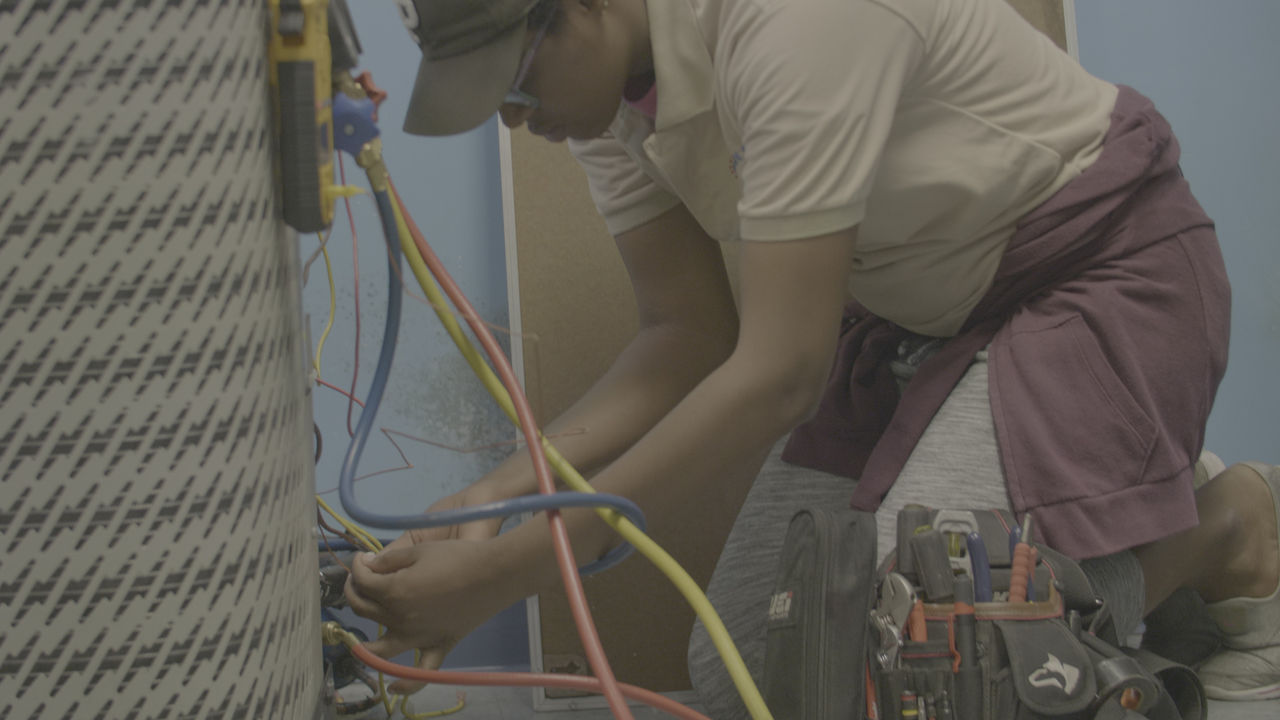As summer temperatures in the northeastern part of the United States start to rise, so does the usage of HVAC equipment in homes and businesses. Today’s modern systems use much less energy than they once did, and HVAC technicians are helping protect resources even more.
In 1992, the EPA and the Department of Energy launched the ENERGY STAR system, which rated the efficiency of equipment and appliances. As a result, companies and consumers are able to save money and protect the environment by choosing to use energy-efficient products and practices.
The first ENERGY STAR ratings were for office products, such as computers and monitors. Three years later, the program was expanded to furnaces and heat pumps. And, in 2002, commercial HVAC systems became ENERGY STAR rated products. Today, more than 70,000 products in 75 categories are eligible for the rating.
Skilled trades workers, like HVAC technicians, routinely work with ENERGY STAR-rated products. In fact, beyond individual products, residential, office, and commercial buildings can receive ENERGY STAR ratings for their overall efficiency. If you’re passionate about sustainability and environmental causes, the EPA offers a certification for HVAC contractors who want to help builders and developers earn the ENERGY STAR designation.
Through the program, an HVAC contractor will learn how to design whole-house ventilation systems, measure and calculate heating and cooling loads, select the right HVAC equipment based on load requirements, and develop a proper duct system for the equipment.
As more people grow concerned about the environment and sustainability, having an ENERGY STAR designation can help HVAC contractors grow their businesses. The EPA also gives ENERGY STAR contractors visibility to builders and developers who focus on efficient, high-quality homes and apartments.
In order to enroll in the program, you need to have completed your HVAC training, and All-State Career can help you get started. Click here for more information or call us today at (855) 834-4580 and speak to one of our career counselors.


